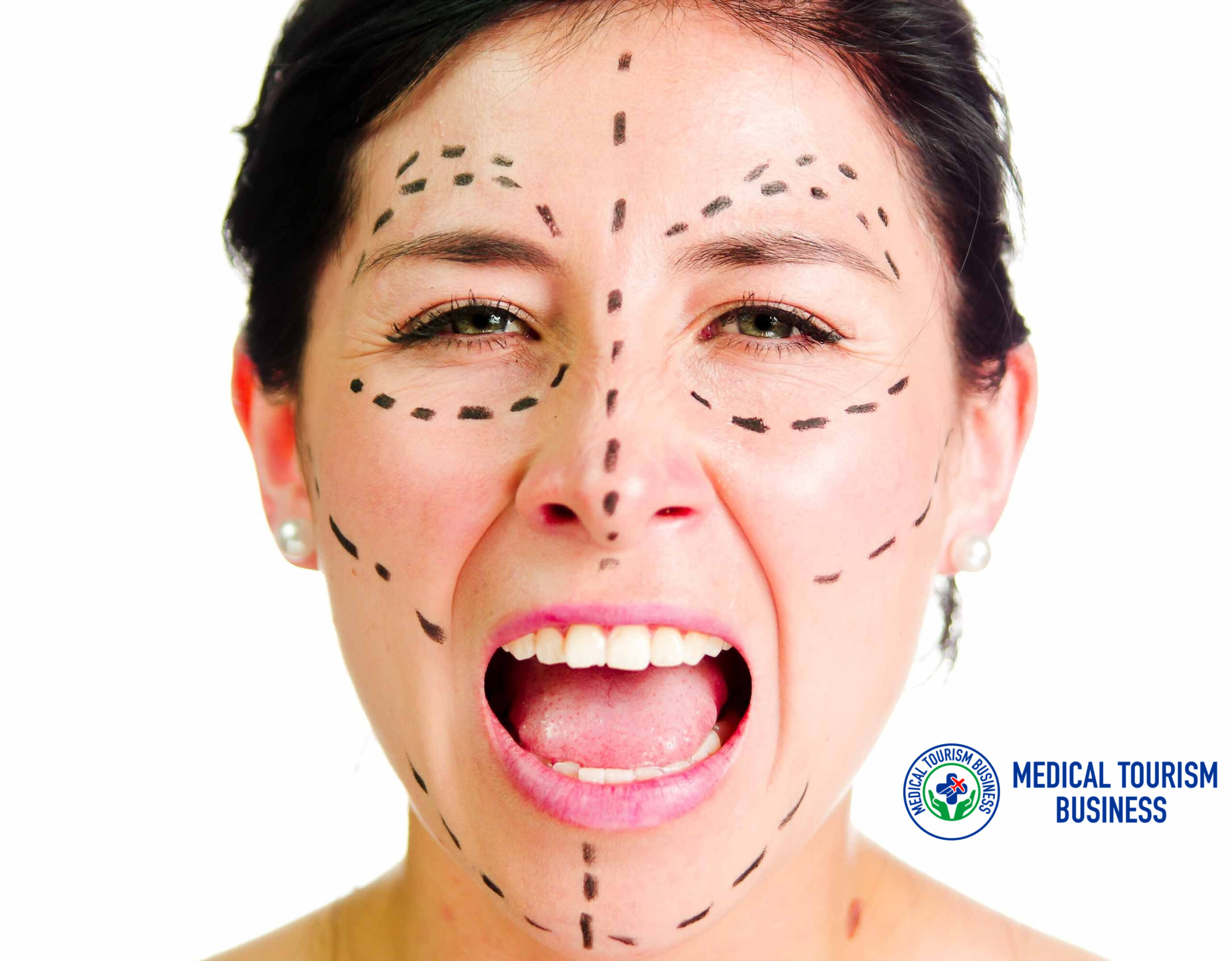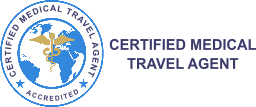In an effort to heighten patient safety and elevate the quality of care, Australia has implemented stringent regulations for cosmetic surgery. These regulations were introduced by the Medical Board of Australia and the Australian Health Practitioner Regulatory Agency (AHPRA) in July. The goal is to ensure that cosmetic surgery patients are well-informed, carefully considered, and protected throughout their medical journey.
Key Regulatory Changes
– Mandatory GP Referral: All individuals considering cosmetic surgery must first receive a referral from a general practitioner (GP).
– Dual Consultation Requirement: Patients are now required to have at least two consultations before their cosmetic surgery can proceed.
– Pre-screening Assessment: There is a new necessity for a Pre-screening Cosmetic Surgery Readiness Assessment Test (PAT) to ensure patients are fully prepared for the implications of surgery.
– Cooling-Off Period: A mandatory cooling-off period of no less than seven days is now in place following the signing of the consent form. This allows patients time to reflect before finalizing their surgery bookings and making any payments.
– Informed Consent: Patients will now receive more comprehensive information to aid in their consent before surgery.
– Elevated Training and Standards: Surgeons will need to meet higher continuing professional development (CPD) requirements, reflecting improved training and experience.
– Accredited Facilities Requirement: Soon, all cosmetic surgeries will need to be carried out in accredited facilities, ensuring a safe and controlled environment.
– Stricter Advertising Standards: The marketing of cosmetic surgery services will face tougher regulations to prevent misleading advertisements.
For additional specifics on these reforms, individuals are advised to review the FAQs on the MBA Reforms at a Glance page or to get in touch with the relevant authorities directly.
Impact on Outbound Medical Tourism
These stringent measures have the unintended consequence of promoting outbound medical tourism, as Australians may seek more lenient environments for cosmetic procedures. Countries like Turkey have become increasingly attractive destinations. They offer competitive pricing, fewer bureaucratic hurdles, and have invested significantly in their healthcare infrastructure to cater to international patients.
As a result, Turkish medical facilities are experiencing a surge in patients from Australia, leveraging their high standards of care and the allure of combining medical procedures with tourism. This trend underlines the global nature of healthcare in the 21st century, where regulations in one country can influence patient flows to another.
In conclusion, while the new regulations in Australia aim to bolster the domestic standards of cosmetic surgery, they also encourage patients to look beyond their national borders, thereby stimulating the medical tourism industry in other nations.
Reach Your Full Potential in Medical Tourism with MTB
At MTB, we are dedicated to supporting professionals and organizations in the medical tourism industry as they strive for success. As a leading provider of certification, contracts, marketing, and support, we offer comprehensive programs, expert guidance, and valuable resources that are designed to help our members achieve their goals and reach their full potential in the global healthcare market. With a focus on excellence and innovation, we help our members stay ahead of the competition and navigate the complex and dynamic world of medical tourism.
Tel/WhatsApp: +1 (561) 909-7178








